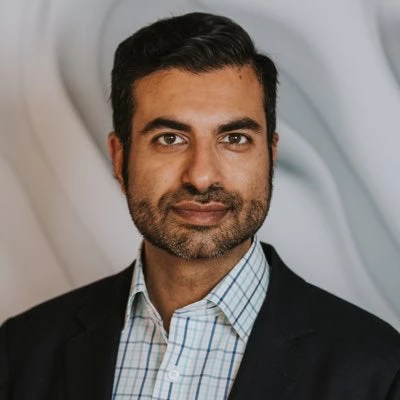This blog is part of the “Africa Knowledge in Time for COVID-19” series of analyses and discussions hosted by the office of the Chief Economist, Africa Region. The series draws on research and the experience of policymakers on the frontlines, to put forward critical questions and issues around the public health and socio-economic implications of the pandemic for African countries.
The COVID-19 (coronavirus) pandemic has made brutally clear how extremely interconnected our world has become. As of June 5, 6,699,358 people had contracted the virus worldwide, and 393,204 had died.
While it is foremost a public health emergency, the crisis has also disrupted the daily lives of communities all over the world. Trade and global value chains have collapsed, resulting in severe socio-economic impacts. Communities in remote, fragile, and conflict-affected areas of Africa are among the most vulnerable.
West Africa is especially vulnerable to the social and economic fallout the COVID-19 pandemic. Many West African countries have extensive experience in controlling contagious and deadly diseases, such as the Ebola outbreak. Yet poor communities still experience water insecurity, a lack of sanitation, and large household sizes that prevent social distancing or isolation of the sick.
Severe food shortages and the threat of deepening hunger due to border closures and disruptions of delivery chains could be more devastating than the spread of the virus itself. The United Nations estimates that over 21 million people across West Africa will struggle to feed themselves between June and August without sustained assistance. World Bank estimates indicate that COVID-19 will push 49 million people in to extreme poverty in 2020—23 million of them in Sub-Saharan Africa.
The Lake Chad (Cameroon, Chad, Niger and Nigeria) and the Sahel’s Liptako-Gourma Region (three-border area of Burkina Faso, Mali and Niger) are critical, current crisis hotspots in the Fragility, Conflict and Violence (FCV) context with already significant humanitarian and development challenges. These remote communities lacked access to critical services, including health centers, already before the pandemic. So far, these locations have been spared a public health emergency, but even now the collateral impact of the virus into these areas could have unforeseen and tragic consequences.
For example, additional stress on resources and local institutions with already limited capacity and barriers for trade along with mounting forced displacement are leading to further spikes in food insecurity, unemployment and poverty. Furthermore, youth are likely to experience increased unemployment and poverty. With no options for livelihoods, and increased distrust of formal institutions, some may seek illegal or even violent pathways for their subsistence.
The $170 million Lake Chad Region Recovery and Development Project, approved by the World Bank Board of Directors on May 26, 2020, is the first project to pilot a regional community-driven approach to address this dangerous hybrid of socioeconomic recession and FCV challenges in West Africa. Other regional projects offering a community development and recovery platform are currently being prepared for the Sahel region and for the Gulf of Guinea.
The World Bank is launching these regional Community-Driven Development (CDD) platforms to reinforce resilience of communities and their institutions while also strengthening development diplomacy and a joint vision through enhanced regional dialogue and the building of a regional coordination and collaboration platform for the regions. This approach aims to play an essential role to support prevention, preparedness and response to external shocks such as climate change impacts, economic collapse, or public health emergencies such as the current epidemic.
These CDD platforms can deliver culturally-appropriate prevention messages and address immediate economic impact through the quick deployment of rapid emergency response grants, the setting up of innovative communications channels and innovative community impact monitoring systems. These systems could, for example, provide real-time data to communities and from the community on health emergencies, access basic services, climate risks, livelihoods and others. In the medium-term, these platforms could focus on addressing the socio-economic impacts at the community level and strengthen communities and local institutions’ preparedness through, for example, targeted support to livelihoods, labor-intensive public work programs, skills training, local level crisis preparedness capacity building and gender-based violence sensitization and prevention.
In the long-term, these platforms are expected to build social and economic resilience of communities for future crises by devising more effective early warning systems and emergency response plans and building up community infrastructure, including health centers; as well as reinforcing the capacity and role of local institutions (such as local governments, farmers organizations, traditional institutions and local civil society organizations) to play their role of institutional interface between the population and the state and other development agencies.
This local-regional approach lays the foundation for long-term strategic and efficient development investment planning in the sub-region. We are urgently finding local solutions to challenges while applying lessons learned in the regional context. These platforms seek innovative methods of knowledge exchange through social media and rapid response networks as we navigate a period of restricted travel and closed borders due to the pandemic. Think regionally, act locally is the mantra that helps us find better ways to deal with crises and conflict in the era of COVID-19.




Join the Conversation